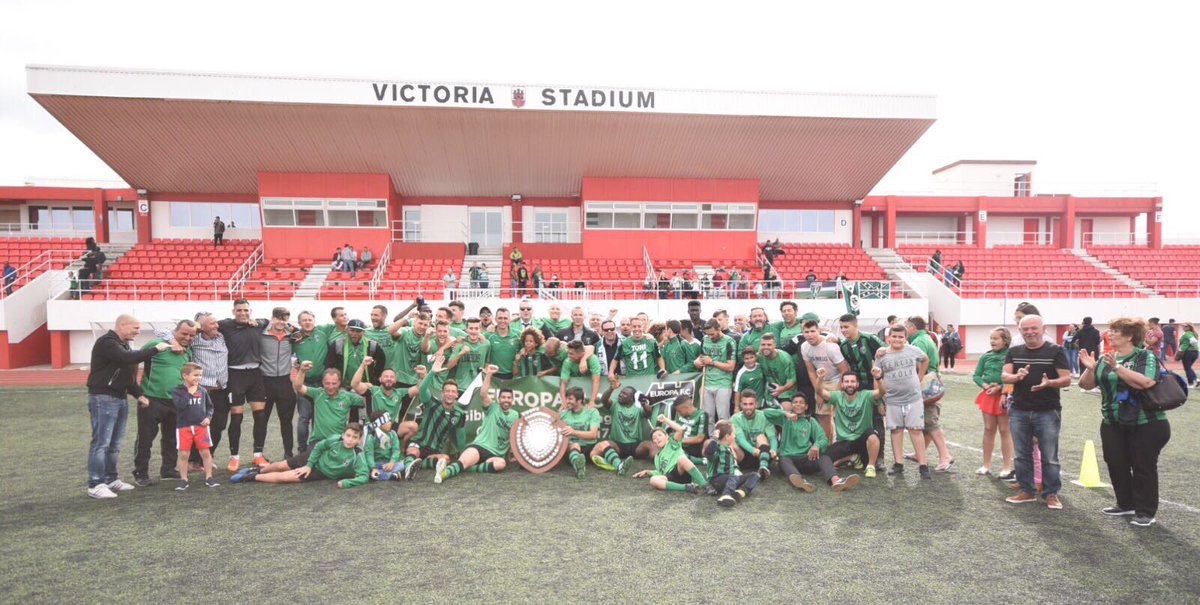A quick glance at the bottom half of the Segunda división and you will find a couple of teams that graced La Liga for decent spells such as Almería and Rayo Vallecano. Look closer and you'll find RCD Mallorca second from bottom in serious danger of going down. It wasn't always this way.
Hailing from the capital of the Balearic islands, Palma, RCD Mallorca have spent a total of twenty-seven seasons in the Spanish top flight. They are ranked eighteenth in the historical classification and have by and large been the island's leading club. Their decline to their current mire has been slow and painful.
The 1998-99 season remains the club's best ever in terms of achievement. Under the guidance of Argentine coach Héctor Cúper, the islanders were runners-up in the final edition of the UEFA cup winners cup while domestically they finished third for their highest ever placing. A Supercopa de España trophy the following season marked the start of what was to become a golden period for the club. Cúper had departed for Valencia at this stage and under Luís Aragonés in 2000-01, Mallorca again finished third in La Liga. Unlike in 1999 where they failed to negotiate a path to the champions league group stage, in 2001 they made no mistake. In a group containing Arsenal, Schalke and Panathinaikos they finished third but narrowly missing out on progression.
Another trophy wasn't long coming for the club. The 2002-03 campaign didn't end until late June but the long arduous season was well worth the effort when, now under the guidance of Gregorio Manzano, they beat Recreativo de Huelva 3-0 in the Copa del Rey final in Elche. Goals from Walter Pandiani and a brace from Samuel Eto'o securing Mallorca's finest hour.
Leading players such as Pandiani, Eto'o and Alberto Luque would be sold off in the seasons following that Copa success. This resulted in a relative doldrum period where comfortable mid-table placings were the norm. Players being sold off was a common theme until the 2009-10 season. A season that saw Mallorca heavily involved in a champions league tussle with Sevilla. A late dip in form allowed Sevilla to pip them to the fourth champions league spot by a solitary point. A few weeks after the heartbreak, Mallorca were banned from taking part in European competition by UEFA for financial irregularities. That 2009-10 campaign was to prove as good as it got.
Mid-table and relegation battles ensued for the following seasons until they fell through the relegation trap door in 2012-13 on the final day. A relegation that ended a two decade spell in the top division. There would be no bouncing straight back up and their three seasons down in the second tier have yielded almost identical finished of seventeenth, sixteenth and seventeenth. Such mediocrity saw highly promising Marco Asencio depart for Real Madrid.
The current campaign is in serious danger of Mallorca slipping further down the pyramid. At the time of writing they are second bottom, six points off safety with six games remaining. Instability in the dugout hasn't helped with three different managers taking the helm. The current incumbent, Fernando Navarro is facing a massive challenge to keep the club up in the next few weeks.
Relegation would be a disaster for the club. Segunda B doesn't have professional status and the attendances at the Iberostar Estadi would plummet even further in the third tier. For the optimistic Mallorca fans perhaps some solace can be taken from Tenerife's experience. The Canary Islanders suffered back-to-back relegations from La Liga to Segunda B but a bounce back into the second tier has seen them build slowly into a side current challenging for promotion into La Liga once more.
The story of RCD Mallorca in the past twenty years could have yet another twist in the next few weeks and relegation also opens the prospect of Mallorca facing local rivals Atlético Baleares competitively next season. Not a prospect Mallorca fans would've envisioned when beating Recreativo in the Copa del Rey in 2003.




